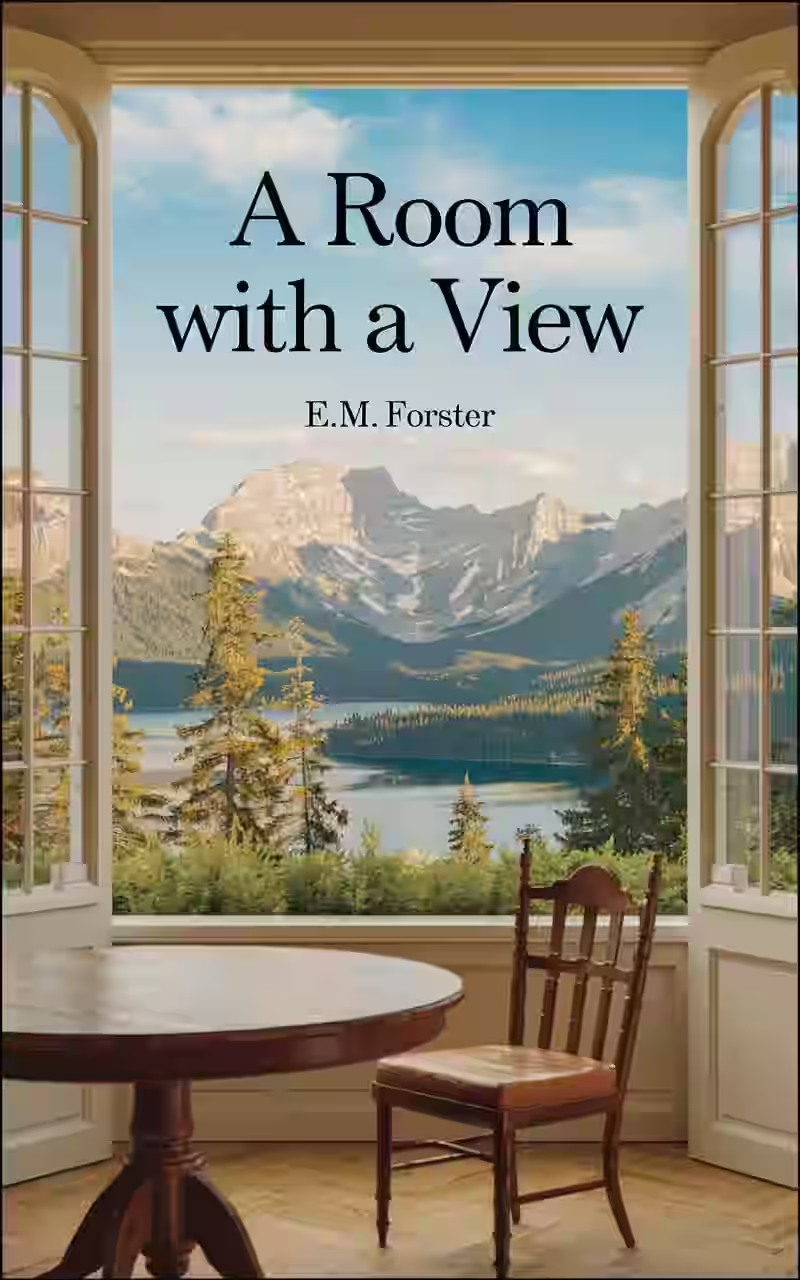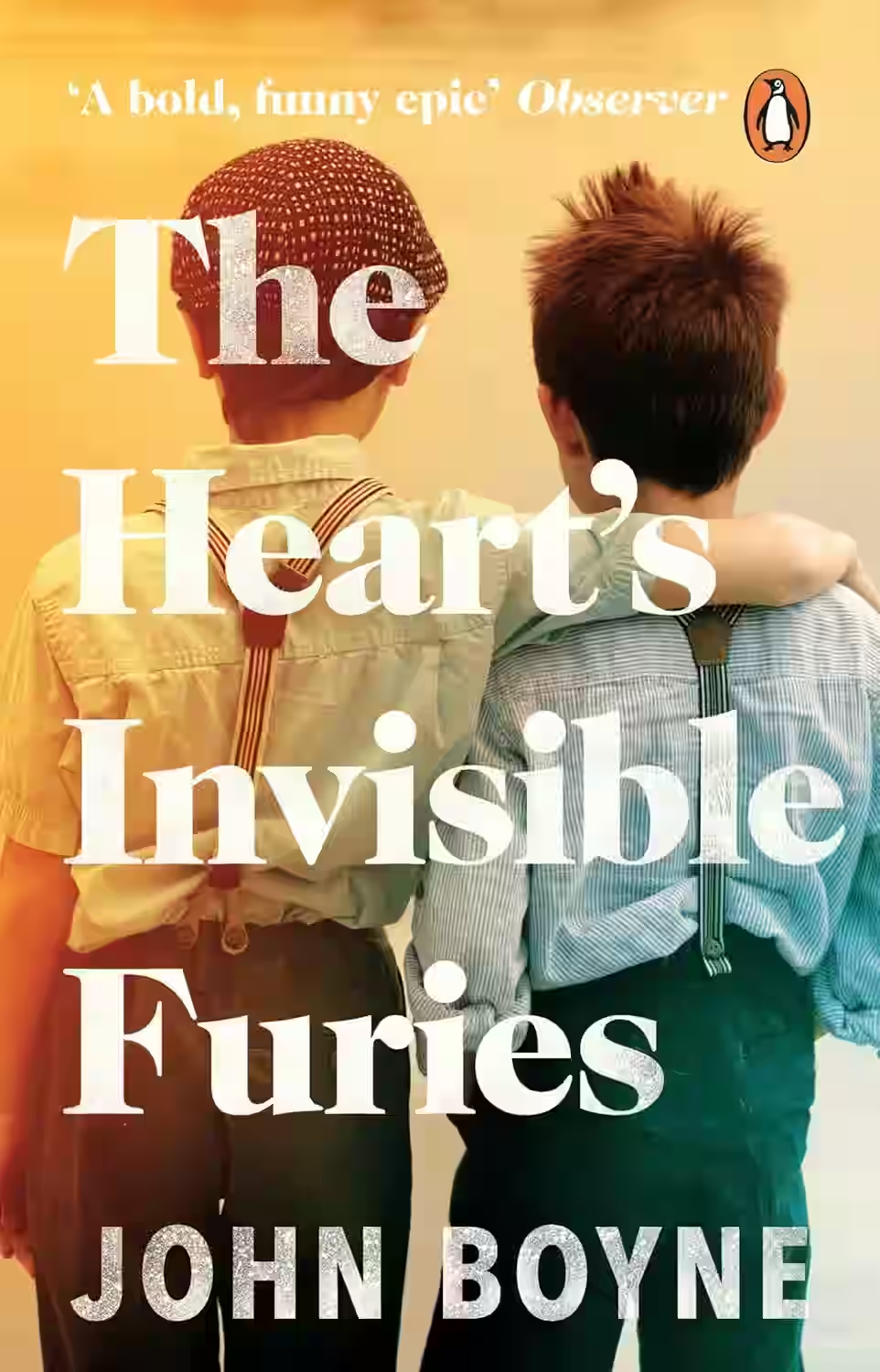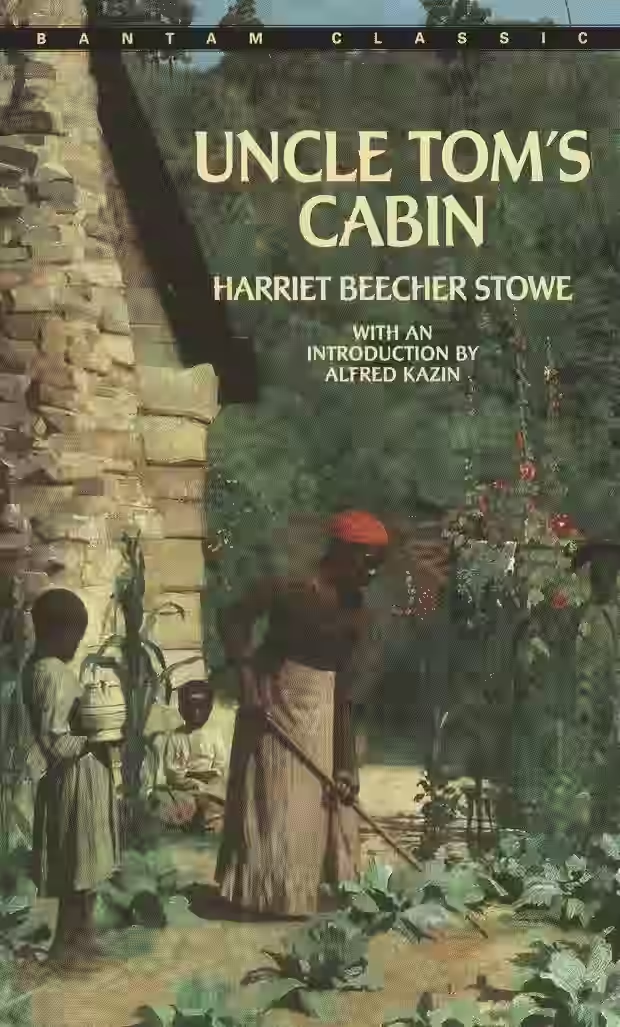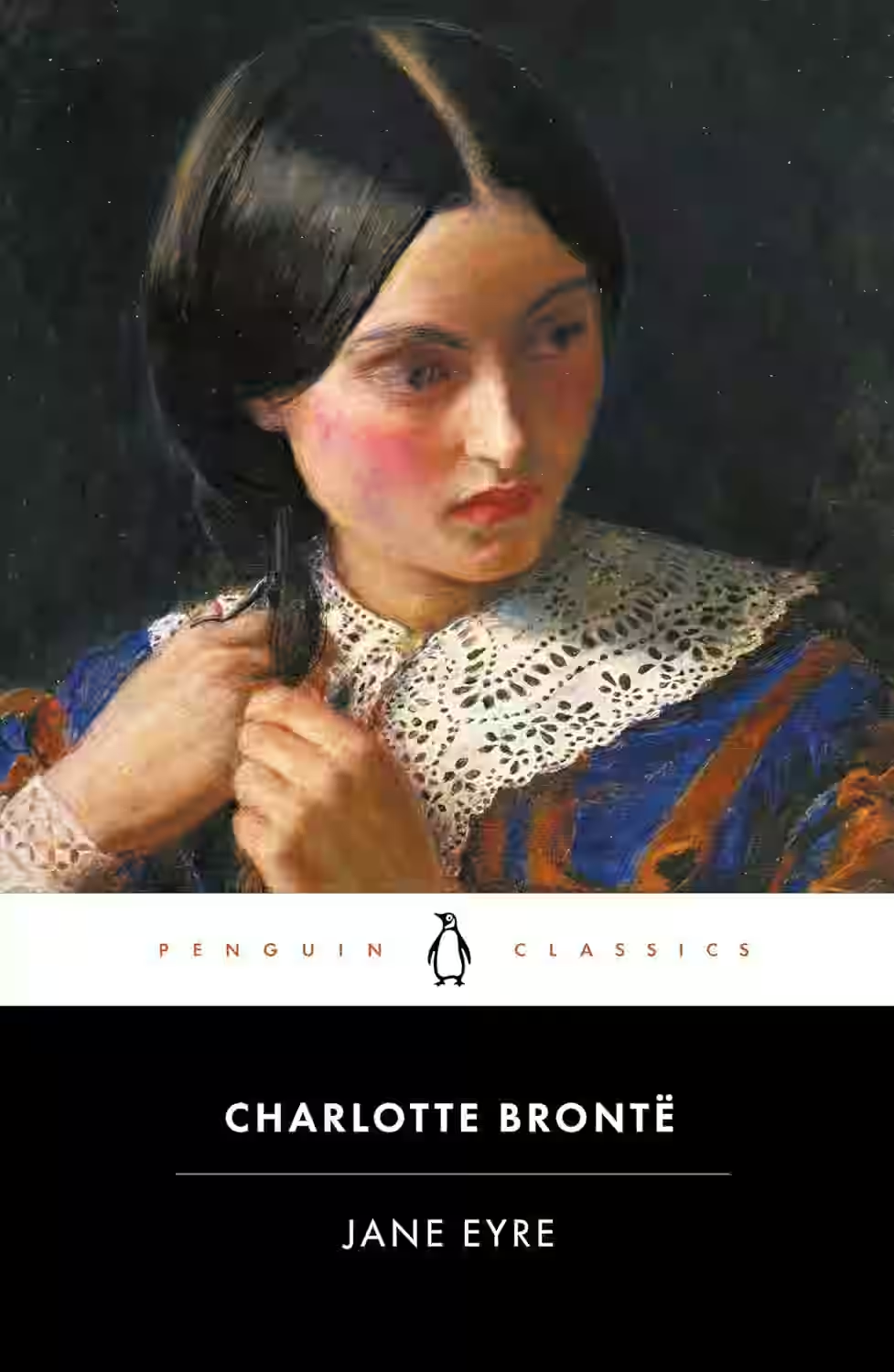
E.M. Forster's 'A Room with a View' is a captivating novel that tells the story of Lucy Honeychurch, a young English woman who embarks on a journey of self-discovery during a trip to Italy. The novel explores themes of love, societal expectations, and the clash between the rigid conventions of the Edwardian era and the individual desires of the characters. Through vivid descriptions of the picturesque Italian landscape and nuanced character interactions, Forster weaves a tale that highlights the importance of following one's true passions and desires. 'A Room with a View' is a timeless classic that continues to resonate with readers for its exploration of personal freedom and societal constraints.
About E.M. Forster
E.M. Forster (1879-1970) was an English novelist known for his insightful portrayals of early 20th-century British society and his exploration of human relationships and emotions. Born in London, Forster studied at King's College, Cambridge, before pursuing a writing career. His notable works include 'A Room with a View,' 'Howards End,' and 'A Passage to India,' which established him as one of the leading literary figures of his time. Forster's thought-provoking themes on class differences, social conventions, and personal connections made a lasting impact on English literature and continue to resonate with readers worldwide.
Similar Books

The Heart's Invisible Furies
by John Boyne
Cyril Avery isn’t a real Avery—or so his adoptive parents insist. Born to a teenage girl shunned by her Irish village, Cyril is adopted by eccentric Dubliners through the help of a hunchbacked nun. Growing up feeling like an outsider, he clings to his friendship with the charismatic Julian Woodbead, even as life sends him through decades of upheaval, love, loss, and self-discovery. Spanning Ireland from the 1940s to the present, The Heart’s Invisible Furies is a sweeping, emotional journey of identity, belonging, and resilience. With humor and heartbreak, John Boyne crafts a deeply human story of redemption and hope.

Uncle Tom’s Cabin
A landmark anti-slavery novel, Uncle Tom’s Cabin tells the story of enslaved man Tom and the brutal realities of slavery in 19th-century America. With vivid characters and emotional power, it galvanized abolitionist movements and shaped public opinion like no other book of its time. Though controversial for its portrayals today, it remains a pivotal work in American literature and history, sparking empathy and national debate.

The Jungle
A harrowing expose of the American meatpacking industry in the early 20th century, The Jungle follows immigrant worker Jurgis Rudkus as he endures exploitation, poverty, and tragedy. Intended to highlight workers’ rights, it shocked readers with its depiction of unsanitary conditions, leading to major food safety reforms. Sinclair’s powerful, muckraking novel remains a classic of social criticism and a landmark in investigative literature.

Jane Eyre
Charlotte Brontë’s Jane Eyre follows an orphaned girl who overcomes hardship and repression to find independence and love. As a governess at Thornfield Hall, Jane falls for the brooding Mr. Rochester, only to discover he harbors a dark secret. The novel explores themes of morality, autonomy, gender roles, and spiritual integrity. Noted for its strong, principled heroine and gothic atmosphere, Jane Eyre blends romance with social critique, cementing its place as a foundational feminist and literary classic.